The title should seem obvious: visual novels are for everyone. However, whenever I go on Twitter, this doesn’t seem to be the case. I’ve carefully watched the visual novel community for a good ten years now, and despite how much time has passed, there seems to be this weird thought process that a vocal minority of fans have that visual novels have to be one way, or if you haven’t played their favorite title in Japanese, you aren’t a true fan.
I’ve sat on my thoughts for a very long time; I couldn’t quite find the words to perfectly convey what I wanted to say. But I think I finally have.
As a reminder, this doesn’t reflect the visual novel community as a whole. Not everyone thinks this way. It’s just a very small but vocal minority. Normally, I’d write this small group of people off. However, I believe these people cause an issue where anyone new to the community or new to creating visual novels is completely deterred from joining or creating a truly beautiful community, so I need to speak on this.
Playing Titles in English
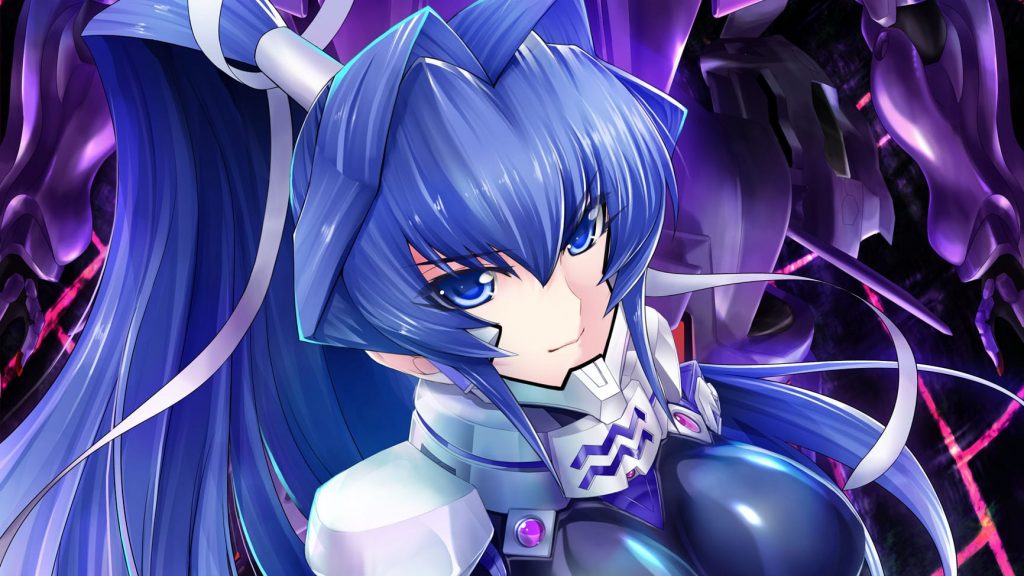
Let’s get this one out of the way because I see this one way too much on my Twitter timeline to not comment on it. This take reminds me of the good ol’ subbed vs dubbed debate. Some say the English dub is often inferior to the original. It’s fine to have that opinion. However, to go and say that those who enjoy dubbed content are somehow less than you and that their love for anime isn’t real is absurd.
We used to live in a time where a localized release of a visual novel happened only once in a blue moon. We didn’t have companies like MangaGamer, JAST USA, or Aksys bringing over titles left and right. So, during that period of time, the only way you could enjoy any visual novel was to learn and study the original language. There are a ton of fans who dedicated a lot of time to do just that, and kudos to them.
Now, we live in a time where there are plenty of companies are bringing in titles with the help of extremely talented translators. However, for whatever reason, if someone chooses to play the localized version of the game, they get bashed for it, and I don’t get why. Many fans will complain about the translation and how it won’t be true to the original. I’ve seen this a lot with otome games in particular. To be fair, there are some companies that rush out titles in order to make a quick buck, such as the original Taisho x Alice translation done by E2 Gaming. Even Aksys has made some mistakes. It’s perfectly fine to hold the company accountable, but don’t bash the people who play these titles, especially if they end up really liking the game. If you want to hear more about this issue, in particular, I highly recommend checking out Naja B.’s post about it.
So, what if the translation doesn’t have any typos or grammatical errors in it? Can non-speaking Japanese players play it without getting a headache from fans? Nope! Even if the translation is good and has no errors in it, there are fans who will blow a gasket about it. This seems to be the case with bigger releases, such as DRAMAtical Murder. Fans who played the original game in Japanese didn’t like how Koujaku says the word “bro” a lot in the official English version. There were a couple of other issues a small minority had with the translation, and those people would make comments to anyone who played the official English version. Again, I have to ask: why? Why do some people act this way? Is it because they learned the language, so they have the authority to do so? It boggles my mind. Coming after people for playing an English version of the game is a good way to ensure that they don’t get involved in the community or even want to play another visual novel, and honestly? I wouldn’t blame them.
“English visual novels aren’t as good as Japanese VNs. If you like OELVNs (Original English Language Visual Novels), you’re not a true fan.”
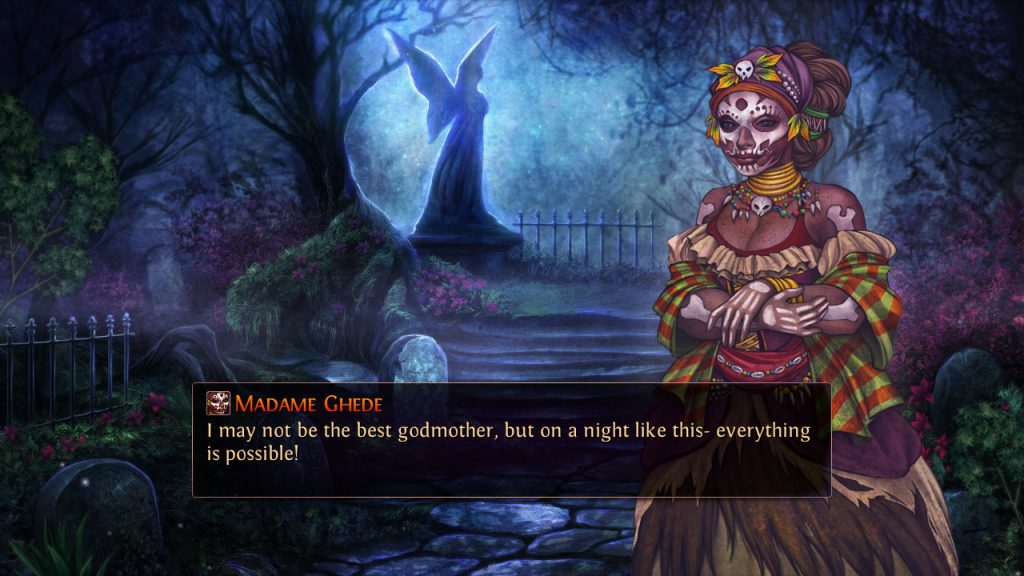
As someone who is an OELVN developer, this claim is ridiculous, and I’m sure many of my peers would agree with me. For whatever reason, there’s a group of people who just crap on OELVNs. I wanted to find out why, so I went to Google and looked up “elitism in the visual novel community.” This led me to a couple of older forum threads about the topic, and I was able to get some insight on OELVNs vs Japanese VNs.
Visual novels were relatively obscure back in the day. As I stated earlier, the only way someone could play one was to learn Japanese. There weren’t really any visual novels available in English. So, while people played these games, I think a certain quality of standard was created. Visual novels had to be a certain way: high production value. Now, I want to remind people that many visual novels created in Japan are developed by big companies such as Spike Chunsoft, MAGES., Otomate, Key, and Alice Soft, to name a few. They have a ton of people working on the title and a decently sized budget to back it up.
Years passed and indie developers in the West began to create visual novels because they were fans of other titles or it was just a genre they wanted to create something for. These teams are a lot smaller and often have a small budget. Even then, I’ve seen some pretty impressive titles. Cinders was the first English title that I can remember that received attention from the wider video game industry. It was featured on Kotaku and Rock, Paper, Shotgun.
If that wasn’t enough, years later we would get more OELVNs that would get this kind of attention. The Verge did a review of Butterfly Soup and praised it for its realistic story and excellent writing. VA-11 Hall-A was also featured on the site.
So clearly, people enjoy OELVNs. There are clearly good visual novels being made by English-speaking developers. But, for whatever reason, there’s yet another small minority of people who try to say anyone who enjoys these games aren’t true fans and they need to play Japanese visual novels because they’re “better.”
Personally, I think it has to do with that standard I mentioned earlier. I think because players got so used to playing Japanese visual novels, they expect the exact same things from OELVNs. I think people need to realize that comparing the two is like comparing apples to oranges. I think if these people got past the differences in production value and the art styles (because not every visual novel has an anime art style), they might actually see the value in them.
Conclusion
It’s 2021. Why do people still care how someone got into something? Why are we still gatekeeping? Anyone can be a fan of anything, no matter how they got into it. If someone got into visual novels because they played some on Newgrounds or DeviantART, who cares? If someone got into it by learning a different language to play a title, who cares? At the end of the day, we all belong to the same community and we all share a love for the genre. Instead of fighting, can we be civil and just talk about how much we love visual novels? Please?

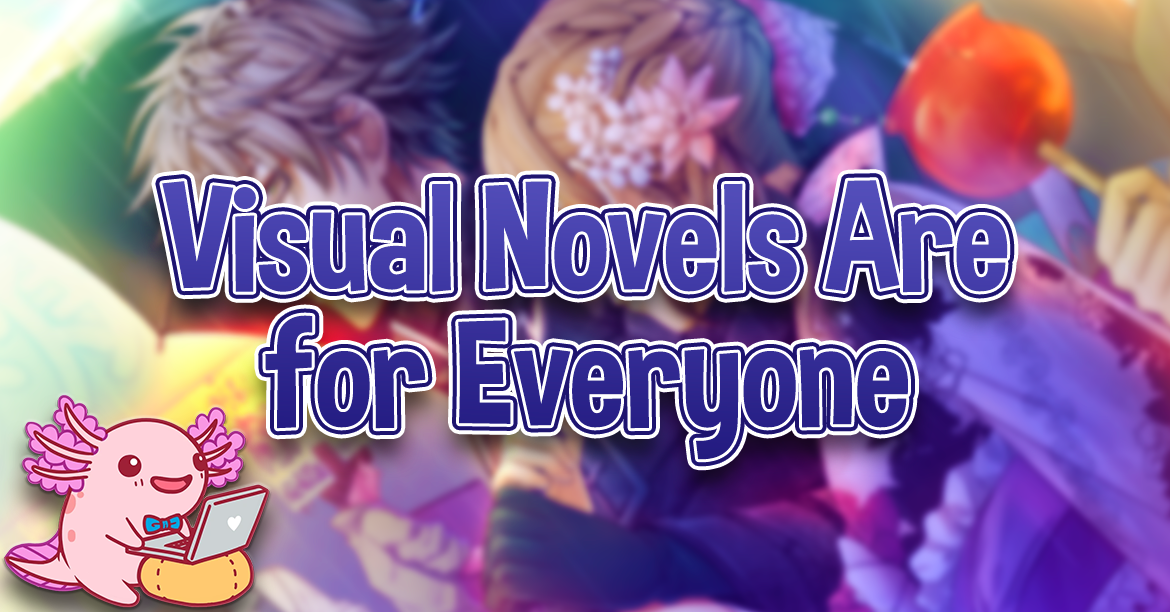
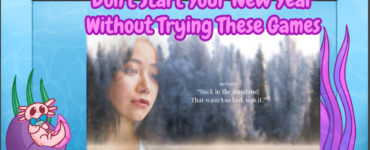
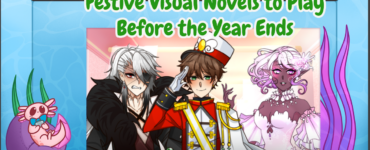
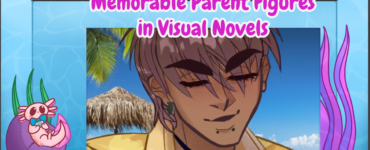
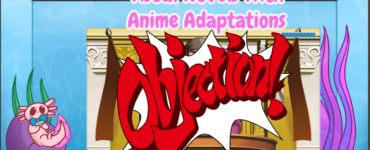
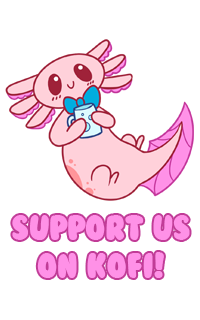
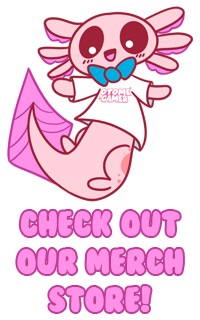
100% agree! I also see people putting down fans who only play mobile games which is ridiculous because so much time and energy gets poured into them and they’re often more accessible as you don’t need to purchase an extra console. Plus who cares how you discover visual novels/otome games, so long as you’re enjoying them and having fun I really don’t think it matters.
With the whole English / Japanese thing, it’s just so weird to expect people to learn another language just to enjoy a game?? Personally I find it interesting to see the decisions translators make, especially with nuances that don’t translate across languages, and looking at the Japanese version sometimes helps me understand certain characters and the original intent of the writers, but I don’t understand why people complain about it and put down other fans. Like you said, it just puts people off joining the community.
I’m glad you shared your thoughts! Gatekeeping definitely sucks and it’s good to hear someone speak up, especially seeing as you have so much experience in the community.